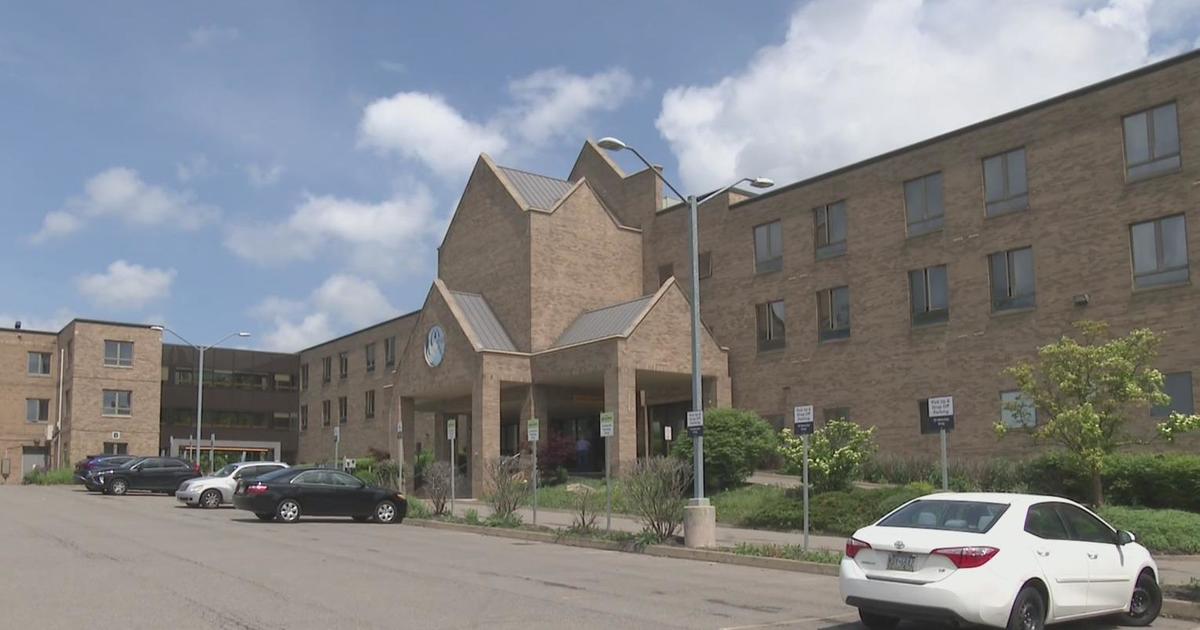Coronavirus In Pittsburgh: UPMC To Begin Testing Patients Coming In For Procedures, Regardless Of Symptoms
PITTSBURGH (KDKA) - All patients coming in for procedures at UPMC will be tested for coronavirus, even if they're asymptomatic.
UPMC leaders held a press conference Tuesday to "discuss new systemwide COVID-19 testing initiatives and how they will enable UPMC to safely restore essential patient care, in light of the low prevalence of COVID-19 cases in our region."
Testing will now be expanded to cover all patients coming in for procedures. UPMC is hoping care can now expand to people who have put off procedures because of concerns and safety issues.
"This is how we ensure safety," Dr. Donald Yealy, chair of emergency medicine for UPMC and Pitt, says.
"We are now on the opposite side of what many predicted as our worst week, our Pearl Harbor. A very high surge that we prepared for just hasn't happened," Yealy said.
Yealy was asked why he believes there has not been a surge in our area.
"I frankly have no idea why. No virus hits anyone or any area the same," Yealy said.
Dr. Yealy says there are 118 patients hospitalized with coronavirus infections. He says 130 coronavirus patients have been discharged, which shows people are recovering. Only 2 percent of hospital beds, 8 percent of ICU beds and 7 percent ventilators are being used for coronavirus patients.
UPMC officials said their system has worked to not face supply shortages.
"We do have gowns and gloves, face shields and masks we need to provide protection to our healthcare workers, but truly the shortages are real," Chief Quality Officer Tami Minnier said.
Minnier said UPMC was facing shortages when it came to testing swabs. The system's solution was to have employees 3D-print the swabs. Plus, Minnier said the vials that hold the samples were also printed by their 3D printer.
"We have found these swabs work exceptionally well with our lab-developed test here. We are not waiting for the problems to be solved by others, we are seeking those solutions and creating them ourselves," Minnier said.
It's not just a asymptomatic tests, UPMC officials said they will begin to test for antibody capacity.
"We are working hard right now on a plan to offer this to all of our patients as well as our frontline workers as soon as possible," Minnier said.
Minnier tells KDKA antibody tests are important because the test will tell you if someone has had the virus even if they didn't know it.
"This is particularly helpful right now and valuable to allow us to identify potential donors for our plasma program," Minnier said.
UPMC leaders say this new initiative won't conflict with any current orders to stop elective procedures.
"We have had extensive discussions with UPMC, and I know that there were some emails and some PowerPoints, but those were just for planning," state Secretary of Health Dr. Rachel Levine said when asked about UPMC earlier. "I think that we've had conversations with UPMC and they are fully on board in terms of our current order."
"And we are pleased to work with them and other hospitals and health systems to be able to allow if not elective, more urgent procedures when the time is right. But the time is not right yet, but we will continue to have those discussions with hospitals and health systems and with the hospital association. As we've been saying though, this will need to be kind of a slow, progressive approach and probably would start in areas less effected by COVID-19 rather than in areas where it is much more epidemic."
Dr. Yealy says he didn't hear Dr. Levine's remarks and couldn't respond, but he says the "essential care" UPMC would be providing falls within CMS guidelines. The plan has also been shared with Dr. Levine and Gov. Tom Wolf's office, he says.
When the coronavirus outbreak first hit western Pennsylvania, UPMC received criticism for performing so-called "elective procedures." But UPMC rejected the idea that its physicians and nurses are providing anything but necessary medical care to cancer patients and others who require regular treatment.
More information on the Coronavirus pandemic:



